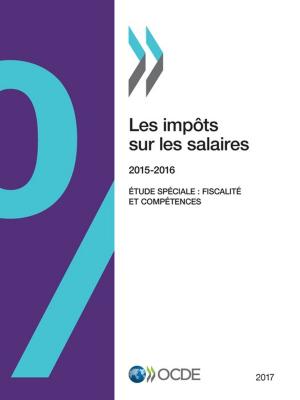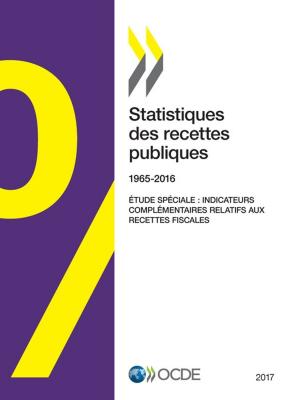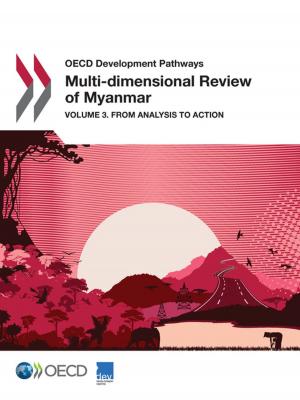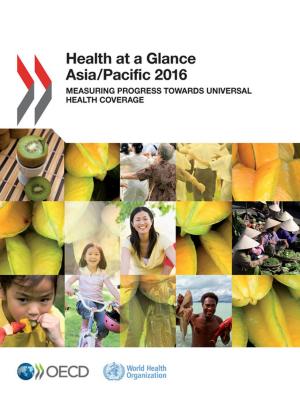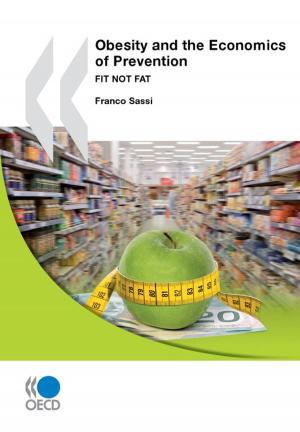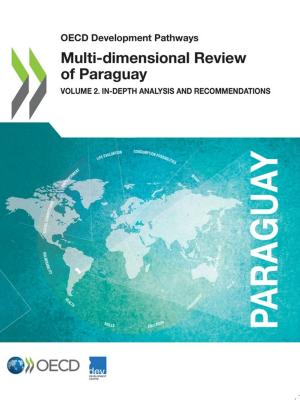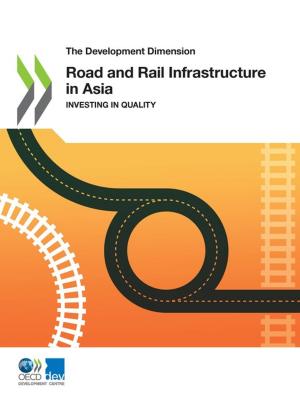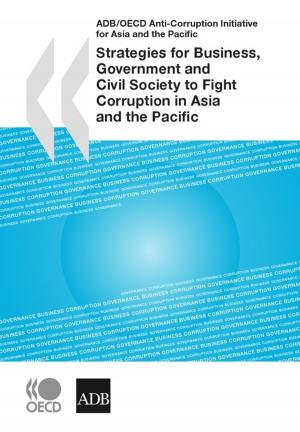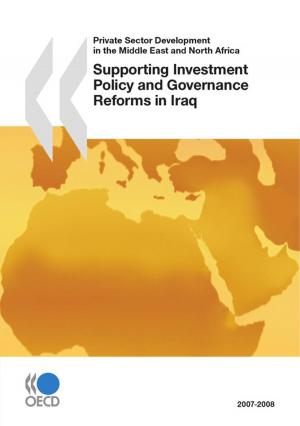Stability and Buffering Capacity of the Geosphere for Long-term Isolation of Radioactive Waste
Application to Crystalline Rock
Nonfiction, Science & Nature, Technology, Nuclear Energy| Author: | Collective | ISBN: | 9789264060579 |
| Publisher: | OECD | Publication: | March 4, 2009 |
| Imprint: | OECD | Language: | English |
| Author: | Collective |
| ISBN: | 9789264060579 |
| Publisher: | OECD |
| Publication: | March 4, 2009 |
| Imprint: | OECD |
| Language: | English |
Geological settings selected as potential host formations for the deep geological disposal of radioactive waste are chosen for, among other assets, their long-term stability and buffering capacity against destabilising events and processes. These proceedings present the outcomes of a geosphere stability workshop, held in November 2007, that focused on crystalline and other types of hard, fractured rocks. The workshop underscored the fact that many such rocks are intrinsically stable environments that evolve extremely slowly and provide good buffering against external events and processes.
The proceedings show a good understanding of the processes and events that can affect crystalline rocks and, although there is less confidence in predicting exactly when and where such events will occur and the volume of rock that will be affected, the extent of the impacts on a geological repository can be confidently addressed using bounding approaches supported by geological information from similar sites around the world.
Geological settings selected as potential host formations for the deep geological disposal of radioactive waste are chosen for, among other assets, their long-term stability and buffering capacity against destabilising events and processes. These proceedings present the outcomes of a geosphere stability workshop, held in November 2007, that focused on crystalline and other types of hard, fractured rocks. The workshop underscored the fact that many such rocks are intrinsically stable environments that evolve extremely slowly and provide good buffering against external events and processes.
The proceedings show a good understanding of the processes and events that can affect crystalline rocks and, although there is less confidence in predicting exactly when and where such events will occur and the volume of rock that will be affected, the extent of the impacts on a geological repository can be confidently addressed using bounding approaches supported by geological information from similar sites around the world.

